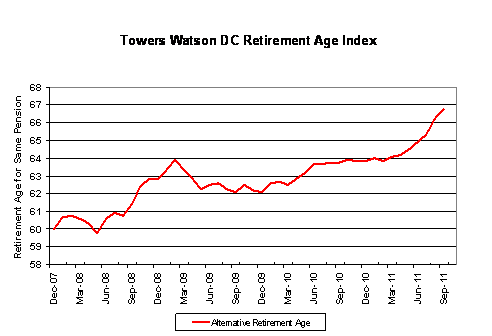The headline on this article says it all: E-PARASITES Bill: ‘The End Of The Internet As We Know It’.
We already wrote about the ridiculously bad E-PARASITES bill (the Enforcing and Protecting American Rights Against Sites Intent on Theft and Exploitation Act), but having now had a chance go to through the full bill a few more times, there are even more bad things in there that I missed on the first read-through. Now I understand why Rep. Zoe Lofgren’s first reaction to this bill was to say that “this would mean the end of the Internet as we know it.”
She’s right. The more you look at the details, the more you realize how this bill is an astounding wishlist of everything that the legacy entertainment gatekeepers have wanted in the law for decades and were unable to get. It effectively dismantles the DMCA’s safe harbors, what’s left of the Sony Betamax decision, puts massive liability on tons of US-based websites, and will lead to widespread blocking of websites and services based solely on accusations of some infringement. It’s hard to overstate just how bad this bill is.
And, while its mechanisms are similar to the way China’s Great Firewall works (by putting liability on service providers if they fail to block sites), it’s even worse than that. At least the Chinese Great Firewall is determined by government talking points. The E-PARASITES bill allows for a massive private right of action that effectively lets any copyright holder take action against sites they don’t like. (Oh, and the bill is being called both the Stop Online Piracy Act (SOPA) and E-PARASITES (which covers the PROTECT IP-like parts of the bill, SOPA refers to the larger bill that also includes the felony streaming part).




